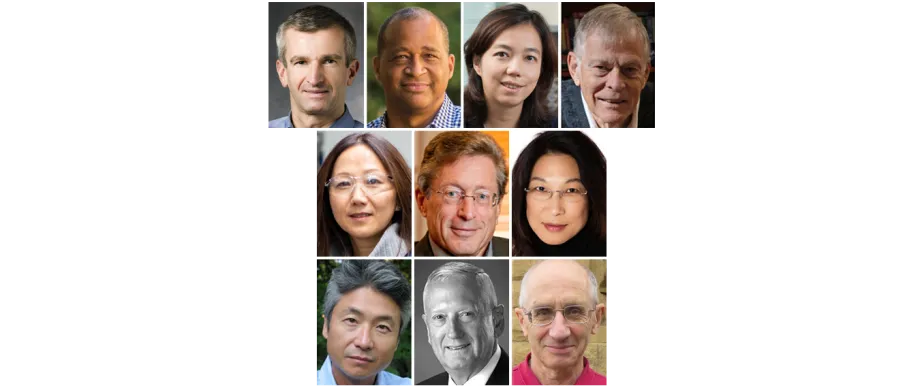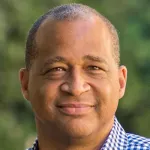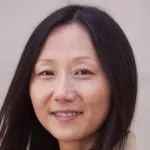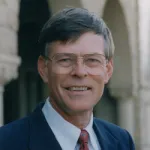
Stanford Today - April 22nd, 2021 - by Stanford News Staff
Ten Stanford faculty members are among the 252 new members elected to the American Academy of Arts and Sciences, which honors exceptional scholars, leaders, artists and innovators engaged in advancing the public good.
The new Stanford members to join the Class of 2021 are as follows:
Zhenan Bao, the K.K. Lee Professor in Chemical Engineering, is the department chair of Chemical Engineering. She is also a member of Stanford Bio-X and the Wu Tsai Neurosciences Institute, senior fellow at the Precourt Institute for Energy, a fellow at Stanford ChEM-H, an affiliate of the Stanford Woods Institute for the Environment and a principal investigator with the Stanford Institute for Materials and Energy Sciences at SLAC National Accelerator Laboratory. Research areas in the Bao Group include synthesis of functional organic and polymer materials, organic electronic device design and fabrication and applications development for organic electronics.
Axel Brunger is a professor of molecular and cellular physiology and of neurology in the Stanford School of Medicine and professor of photon science at Stanford and SLAC. He is also a member of Stanford Bio-X and the Wu Tsai Neurosciences Institute. Brunger’s research focuses on studying the molecular mechanisms of neurotransmitter release and how these mechanisms relate to physiological function.
Robert Byer, the William R. Kenan, Jr. Professor, is a professor of photon science at Stanford and SLAC and of applied physics in the School of Humanities and Sciences. He is also a member of Stanford Bio-X. Byer has conducted research and taught classes in lasers and nonlinear optics at Stanford since 1969. His current research includes precision laser measurements in support of the detection of gravitational waves and laser “accelerator on a chip” technology.
Yakov Eliashberg, the Herald L. and Caroline L. Ritch Professor in the School of Humanities and Sciences, is a professor of mathematics. He is one of the founders of symplectic and contact topology, a field that arose in part from the study of various classical phenomena in physics that involve the evolution of mechanical systems, such as springs and planetary systems.
John Etchemendy is the Denning Co-Director of the Stanford Institute for Human-Centered Artificial Intelligence and the Patrick Suppes Family Professor in the School of Humanities and Sciences. As a philosopher, Etchemendy’s scholarship research interests include logic, semantics and the philosophy of language. Etchemendy also served as Stanford’s 12th provost.
Chang-rae Lee, the Ward W. and Priscilla B. Woods Professor in the Department of English, is the author of six novels. His most recent book, “My Year Abroad” (Riverhead Books) was published earlier this year and has received much critical acclaim. Lee’s novels have won numerous awards and citations, including the Hemingway Foundation/PEN Award, the American Book Award and the American Library Association Notable Book of the Year Award. He has also written stories and articles for the New Yorker, the New York Times, Time (Asia), Conde Nast Traveler and many other publications.
Fei-Fei Li is the Sequoia Capital Professor in the Department of Computer Science and co-director of the Stanford Institute For Human-Centered Artificial Intelligence (HAI). She is also a member of Stanford Bio-X and the Wu Tsai Neurosciences Institute. Her current research interests include cognitively inspired AI, machine learning, deep learning, computer vision and the intersection of AI and healthcare. In the past, Li has also worked on cognitive and computational neuroscience.
General Jim Mattis, U.S. Marine Corps (Ret.), is the Davies Family Distinguished Fellow at the Hoover Institution, after having served as the nation’s 26th Secretary of Defense. His expertise is in national security, military history, military strategy, Iran and the Middle East. At Hoover, he is a participant in two research teams: Military History/Contemporary Conflict Working Group and the National Security Task Force.
Teresa Meng is the Reid Weaver Dennis Professor of Electrical Engineering, emerita, and a member of Stanford Bio-X. Her research has focused on low-power circuit and system design, video signal processing, wireless communications, and applying signal processing and integrated circuit design to biomedical engineering. Meng retired from Stanford in 2013.
Tirin Moore, a professor of neurobiology in the Stanford School of Medicine, is also a member of Bio-X, the Maternal & Child Health Research Institute (MCHRI) and the Wu Tsai Neurosciences Institute. The Moore lab studies the activity of single neurons and populations of neurons in areas of the brain that relate to visual and motor functions. They explore the consequences of changes in that activity and aim to develop innovative approaches to fundamental problems in systems and circuit-level neuroscience.
The American Academy of Arts and Sciences serves the nation as a champion of scholarship, civil dialogue and useful knowledge. The academy is committed to interdisciplinary, nonpartisan research that provides pragmatic solutions for complex challenges.






